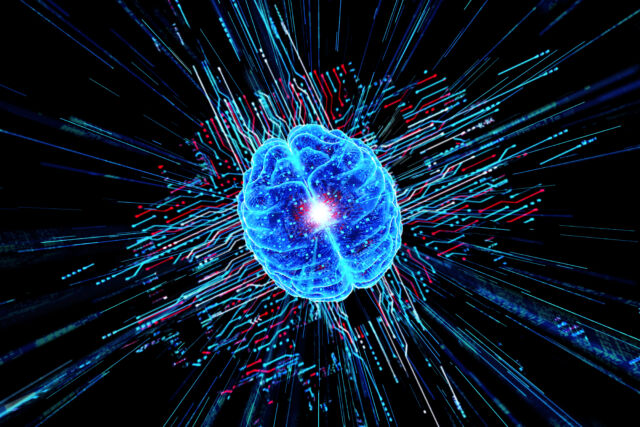Could AIs become conscious? Right now, we have no way to tell.

"The confluence of AI with healthcare technology represents an unprecedented leap, promising to revolutionize patient care, diagnostics, and treatment methodologies."
Could AIs become conscious? Right now, we have no way to tell.
Analyzing the Revolutionary Impact of AI on Healthcare
The integration of Artificial Intelligence (AI) into healthcare is not mere speculation; it’s a transformative force. The confluence of AI with healthcare technology represents an unprecedented leap, promising to revolutionize patient care, diagnostics, and treatment methodologies. This analysis underscores the significant advancements and practical applications of AI in medical fields while also highlighting its collaborative potential in enhancing human expertise.
Advanced Diagnostics and Predictive Analytics
AI's capabilities in diagnostics are unparalleled. Leveraging machine learning algorithms, AI can process complex datasets at speeds unattainable by humans, enabling quick and accurate diagnostic outcomes. Predictive analytics powered by AI can foresee potential health risks by analyzing patient histories, lifestyle choices, and genetic information. This forward-thinking approach significantly elevates preventive care, reducing the incidence of critical health episodes before they manifest.
Enhancing Precision Medicine
Precision medicine, tailored to individual patients based on genetic, environmental, and lifestyle factors, is now more achievable than ever. AI assesses vast quantities of patient data to create customized treatment plans, thus ensuring higher efficacy and reduced adverse effects. The analytical prowess of AI ensures that treatments are specific and dynamic, adapting to patient responses in real-time.
Streamlining Administrative Functions
The administrative burden in healthcare is overwhelming; however, AI offers practical solutions. From automating appointment scheduling to managing patient records and billing, AI systems streamline these processes, freeing healthcare professionals to focus on patient-centric activities. This results-driven approach enhances operational efficiency and reduces costs, empowering healthcare providers to deliver superior care.
Challenges and Opportunities
While AI presents immense opportunities, it is critical to address ethical concerns, data privacy, and the need for a human touch in patient care. These challenges invite a collaborative effort to ensure AI is implemented responsibly, with regulatory frameworks and transparent practices. Empowering healthcare professionals with AI tools fosters a transformative yet humane approach, promising a future where technology and human expertise coexist harmoniously.
The results-driven integration of AI in healthcare signifies a progressive shift towards more efficient, precise, and personalized medical solutions, heralding a new era of patient empowerment and enhanced care standards.
